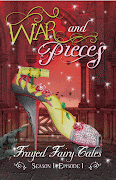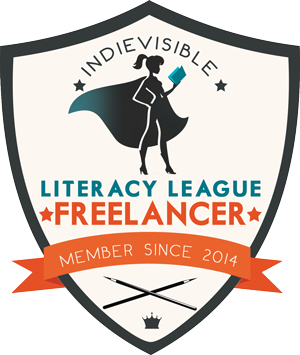Congratulations to all the participants of the Blogging from A to Z Challenge who are finishing out the month today with Z.
| Source |
I can't wait to visit other blogs today--Z isn't the easiest letter.
My theme this month has been literary devices. I have learned so much! Z was hard, but I found...
Zani
A stock character in the commedia dell'arte, the zani was a buffoonish servant, a jester, a butt of jokes, i.e., what twentieth-century entertainment would call a "stooge." The modern English word zany comes from this Italian term. (source)
Most stories benefit from a character who serves as comic relief. Often, we'll explain a great read as, "I laughed, I cried." It's the salty and sweet effect--balancing emotional moments with a good laugh.
The first example that popped in my head... Dory. She helped Marlin find his son, Nemo, but she was also the jester--constantly cracking jokes and being silly.
In literature, Shakespeare often featured a "buffoonish servant" or jester. For example, in A Midsummer Night's Dream, there is a jester named Puck. He not only provides comic relief but also becomes a pivotal character who affects many others.
In addition to providing comic relief, the "fool" often becomes the main character's conscience. Think Dory again. What a valuable tool.
Can you think of an example of zani?
Thanks to everyone who visited my blog this month. I hope you'll continue to visit.
Don't forget to visit other Z blogs today--find A to Z participants here.























